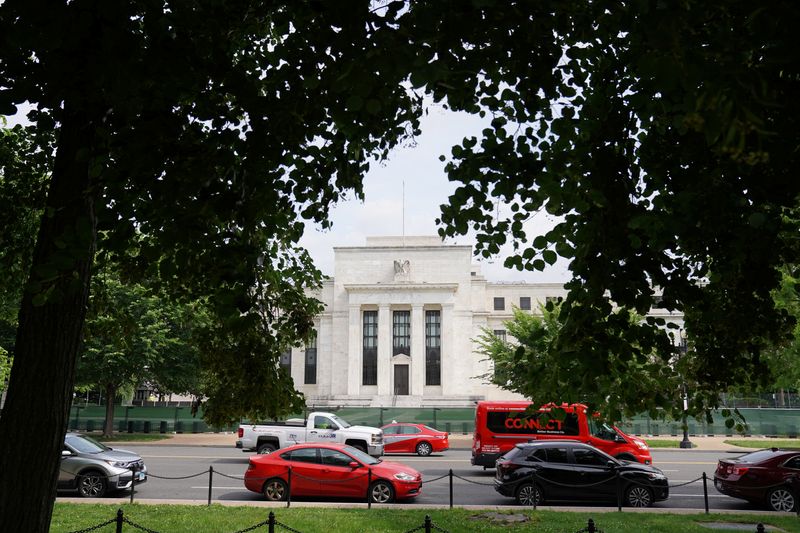New Zealand’s Central Bank Delivers Outsized Cut to Revive Stalled Economy
PositiveFinancial Markets

The Reserve Bank of New Zealand has made a significant move by cutting interest rates by 50 basis points to stimulate its struggling economy. This decision comes in response to disappointing economic data, including a notable decline in growth. Such a proactive approach is crucial as it aims to encourage spending and investment, potentially leading to a recovery in the economy.
— Curated by the World Pulse Now AI Editorial System
















